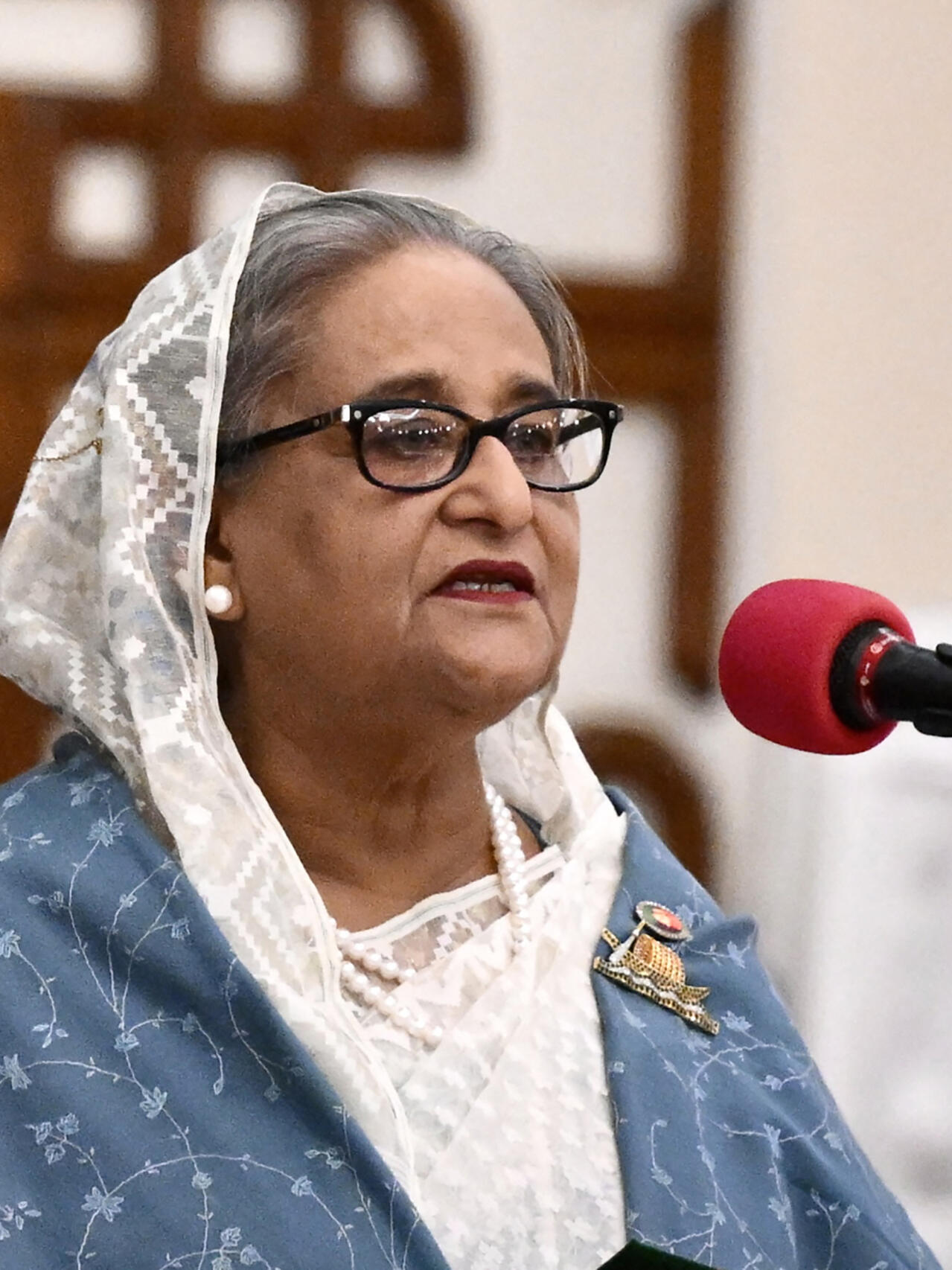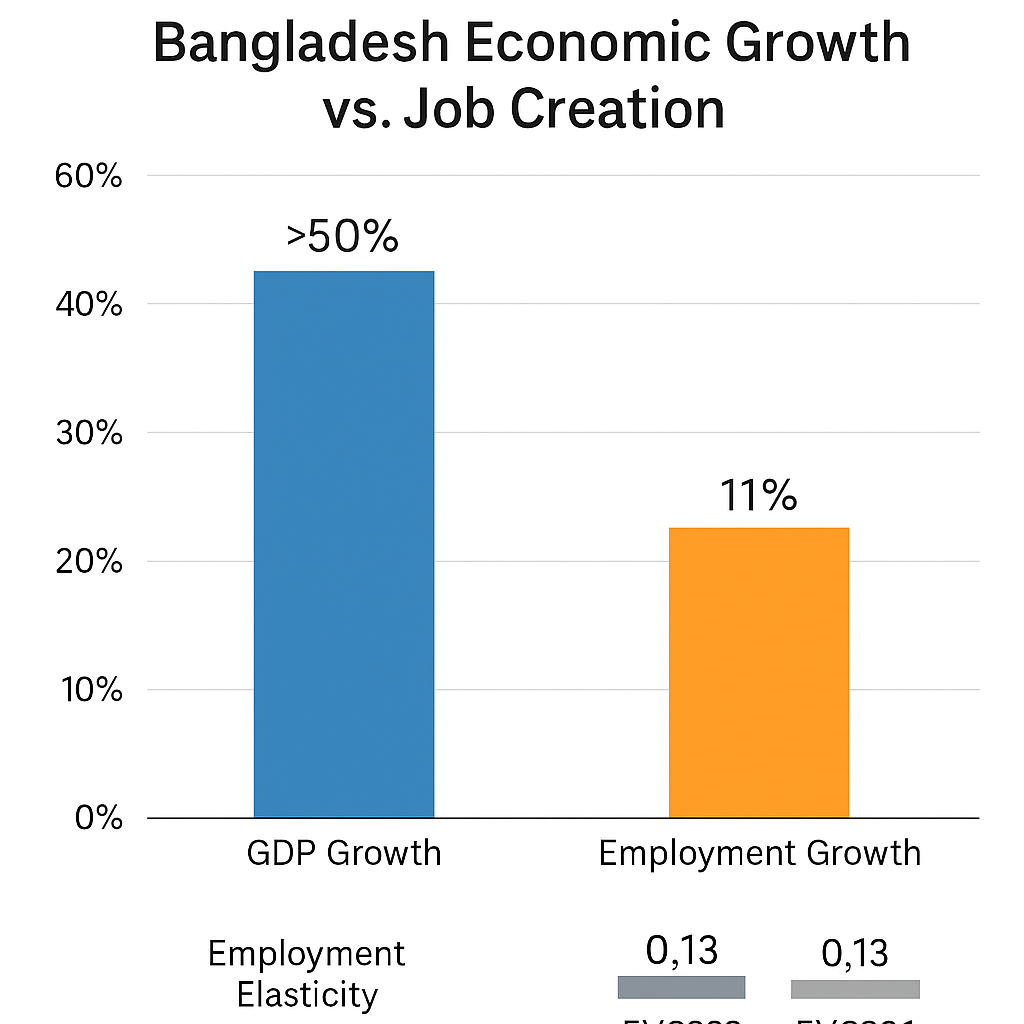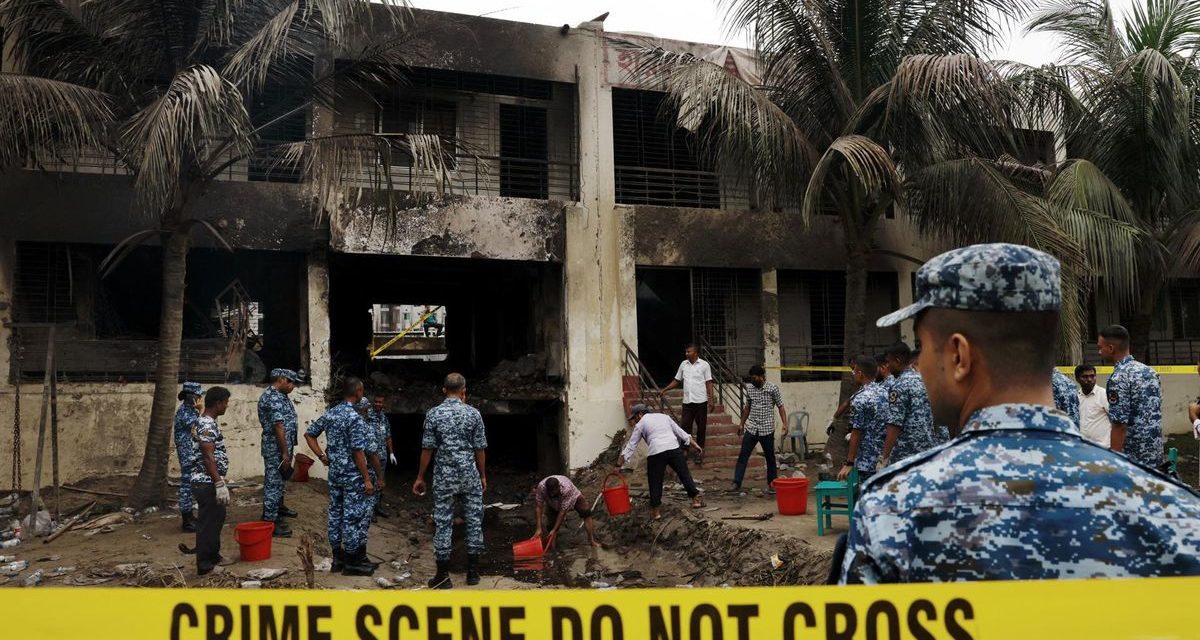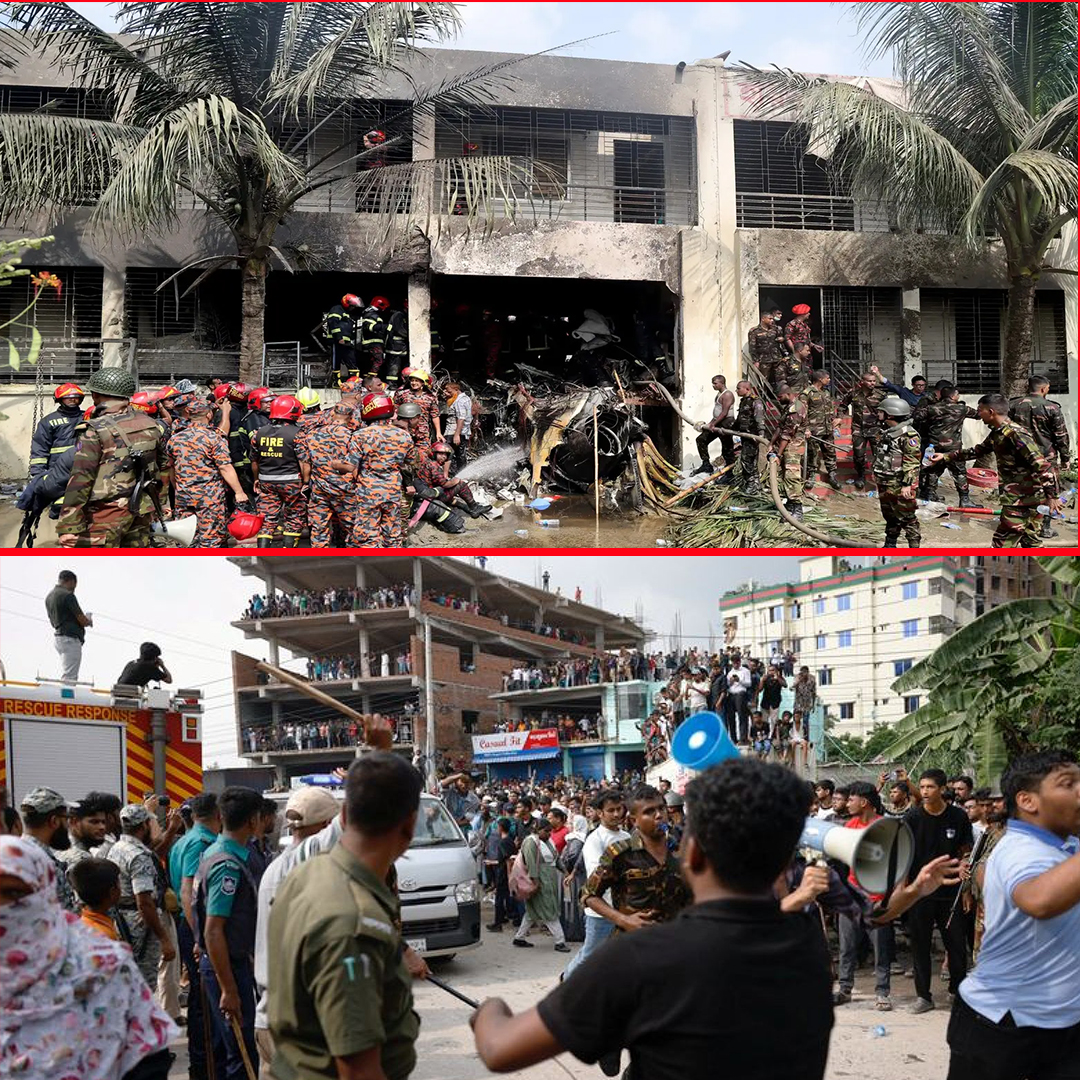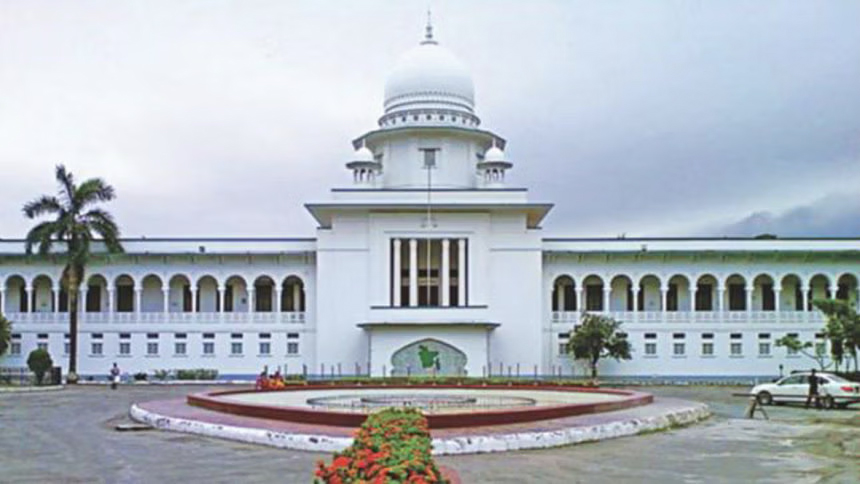
Leadership void, political appointments, and campus unrest leave public universities paralyzed and students in limbo
The higher education system in Bangladesh is currently facing a deep-rooted crisis, marked by administrative breakdown, politicization, and a failure to prioritize education as a national asset. The ongoing unrest at four public universities—Dhaka University, Jagannath University, Khulna University of Engineering and Technology (KUET), and Barishal University—has brought academic activities to a halt, threatening the future of nearly 70,000 students.
Since May 16, classes, tutorials, and examinations at these institutions have been suspended following student protests and, in at least one case, teacher protests. The disruptions reflect a larger national failure to uphold educational integrity and leadership at the highest levels of academia.
This institutional instability stems from the political shake-up after the regime change on August 5, which led to the resignation or forced removal of vice-chancellors from 47 public universities—many of whom were appointed during the previous government’s tenure. Even the most esteemed institutions like Dhaka University, Jahangirnagar University, Rajshahi University, Chittagong University, and BUET saw their leadership overhauled. Their replacements, however, were not based on academic merit but drawn from opposing political alignments. Reports indicate that at least 30 of the newly appointed VCs are affiliated with pro-BNP or pro-Jamaat teacher groups, revealing a mere shift in political control rather than a commitment to genuine reform.
The fundamental issue lies in the politicization of education. Many of the previous VCs were not appointed for their scholarly credentials but for their loyalty. The pursuit of academic excellence—through research, publication, and fostering of critical thinking—was sidelined. Instead, faculty members realized that aligning with political factions was the fastest route to promotions, scholarships, and administrative power. This cultural erosion paved the way for moral decay in universities, where slogans replaced substance, and partisanship outpaced performance.
As academic spaces became political battlegrounds, many teachers began relying on student political wings to secure positions within university teacher associations—often seen as stepping stones toward vice-chancellorship. While there were honorable exceptions, most educators were drawn into a system that rewarded loyalty over learning. The result was the institutional decline of once-prestigious universities.
This decay was not limited to universities. In schools too, discipline and respect for academic integrity are deteriorating. A recent example from a reputed girls’ school saw two students caught cheating via smartphones. When a teacher confiscated the devices and canceled their exam papers, student protests led the school administration to reverse the decision. Teachers today are cautious about open communication, fearing that casual remarks may be recorded, misinterpreted, and misused online. The erosion of mutual respect between students and teachers is now widespread.
It has been nearly 10 months since students left classrooms to protest and demand political change. While their role in ushering in a new government is acknowledged, no national leader, advisor, or student figure has encouraged them to return to their studies. The message that their education is essential for the nation’s future has been notably absent.
The success stories of Japan, South Korea, Taiwan, Vietnam, and China demonstrate how economic growth was underpinned by robust educational systems. These nations invested heavily in preparing their youth for the challenges of the future. In AI, for example, a young Chinese scholar recently shocked the world by developing DeepSeek and surpassing US competitors. Such achievements don’t occur by chance; they result from strategic investment in education.
Bangladesh once stood ahead in industries like steel and textiles. South Korea even sent teams in the 1960s to learn from East Pakistan. Today, that story is reversed. After 54 years of independence, Bangladesh has failed to build an education system capable of preparing its youth for an AI-driven, tech-integrated world. Despite numerous curriculum reforms and commissions, there has never been a serious national effort solely focused on education.
Real change won’t come from slogans or political reshuffling. It must come from recognizing education as the single most vital factor for national advancement. Until then, universities will remain stalled, teachers disillusioned, and students stranded in uncertainty.

